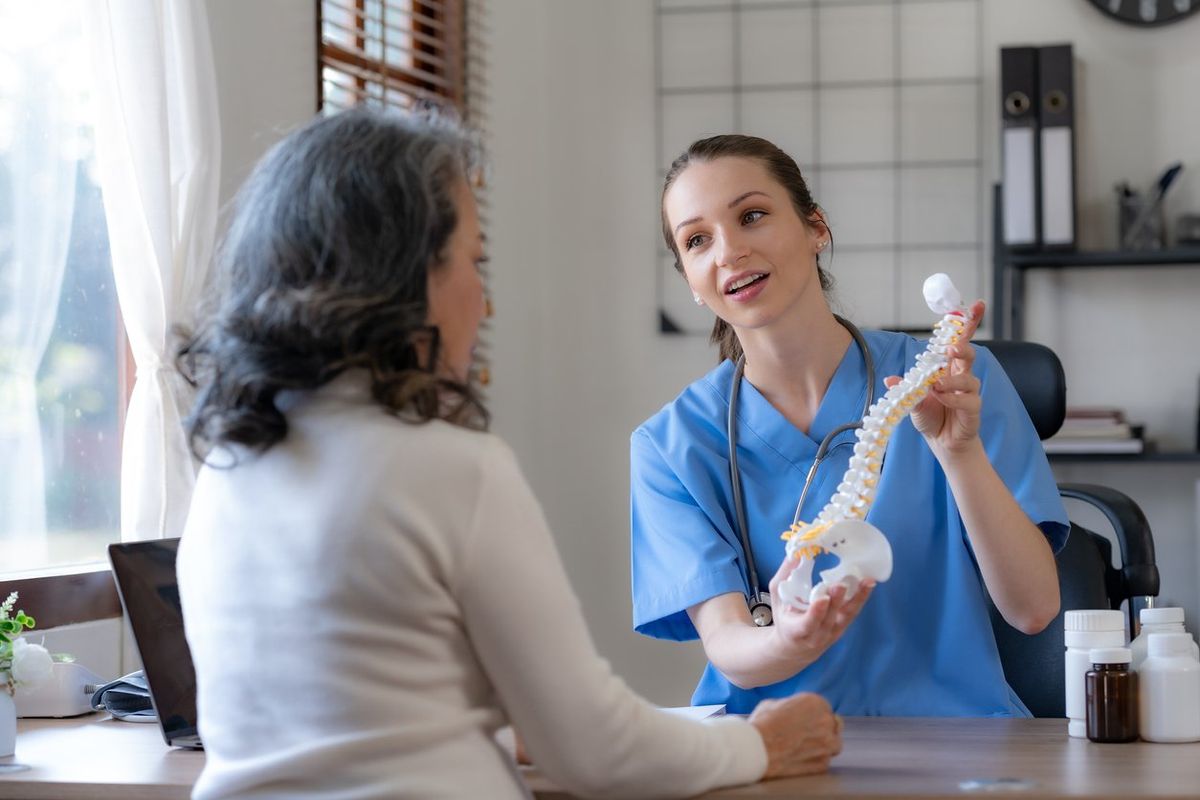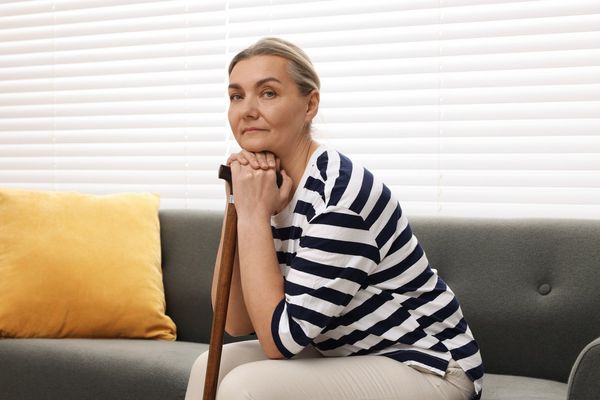Q:
Who is at risk for osteoporosis?
A:
The vast majority of individuals affected by osteoporosis are women. Women are four times more likely to develop osteoporosis than men. The National Osteoporosis Foundation (NOF) estimates as many as 8 million women and 2 million men in the United States have osteoporosis.
Although the disease can occur at any age, women are at greatest risk for osteoporosis in the years after menopause. As many as 52 percent of non-Hispanic Caucasian and Asian women age 50 years and older have low bone mass, increasing their risk for osteoporosis. A major reason for this is that women's bodies produce very little estrogen after menopause, and estrogen plays an important role in helping to prevent bone loss.
The average age for menopause in the United States is 51, but some women experience menopause earlier due to natural causes or following surgery, illness or treatments that destroy the ovaries. For example, a total hysterectomy in which the ovaries and uterus are removed will immediately trigger menopause.
Other common risk factors for osteoporosis are: age—your risk for fractures increases as you go from your 50s to 60s to 70s and older; small, thin frame (weighing less than 127 pounds); personal and/or family history of broken bones as people age, especially a history of spine or hip fractures in an elderly parent; previous history of fractures after age 45; low lifetime intake of calcium; excessive thinness; smoking; excessive alcohol consumption; inactive lifestyle; estrogen deficiency caused by menopause and certain medical conditions such as anorexia nervosa; prolonged absence of menstrual periods as a young woman; long-term use of corticosteroids and some anticonvulsants; Caucasian or Asian ethnic backgrounds, but older African-Americans and Hispanic Americans are also at significant risk; certain chronic medical conditions including diabetes, hyperthyroidism, hyperparathyroidism, rheumatoid arthritis and some bowel diseases that cause poor absorption of calcium or vitamin D; depression; and long-term use of proton pump inhibitors.
To learn more about osteoporosis and preventing broken bones, visit
https://healthywomen.org/condition/osteoporosis.







